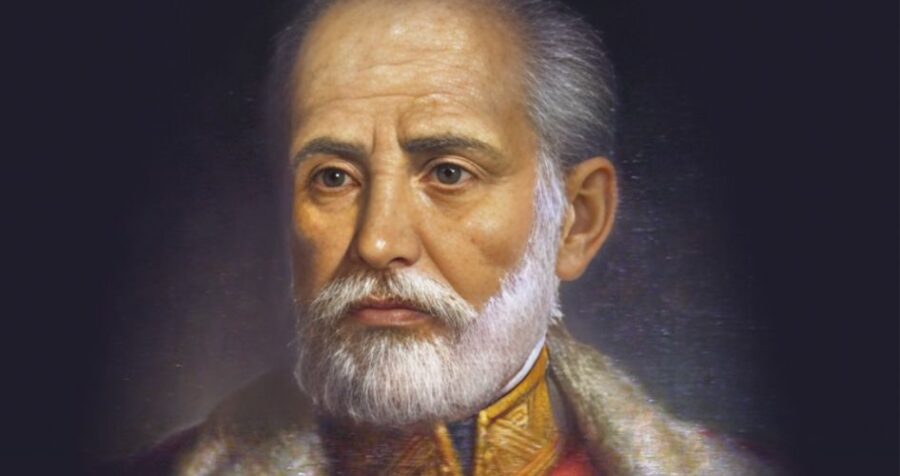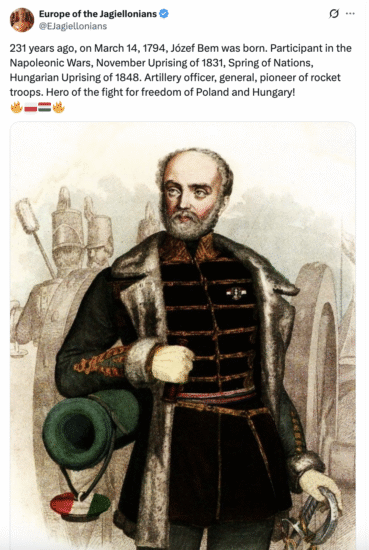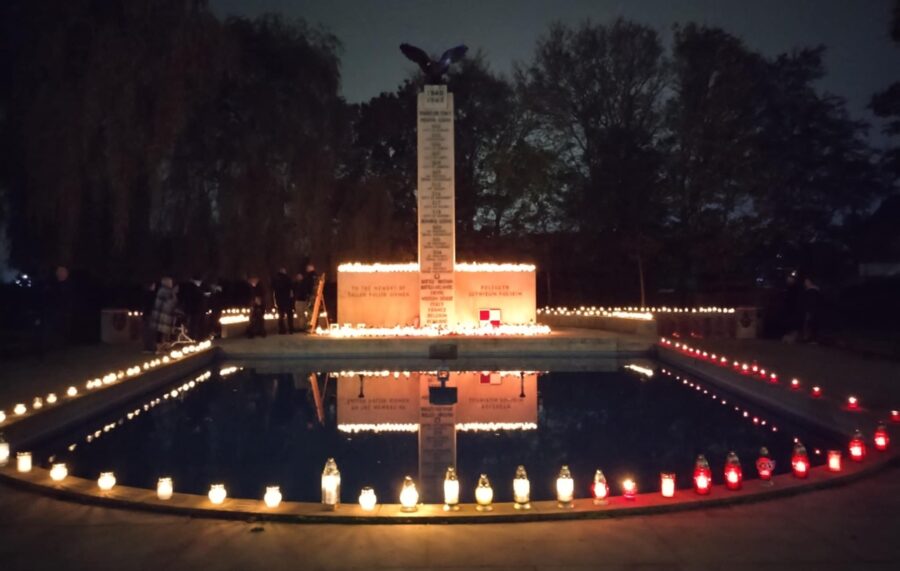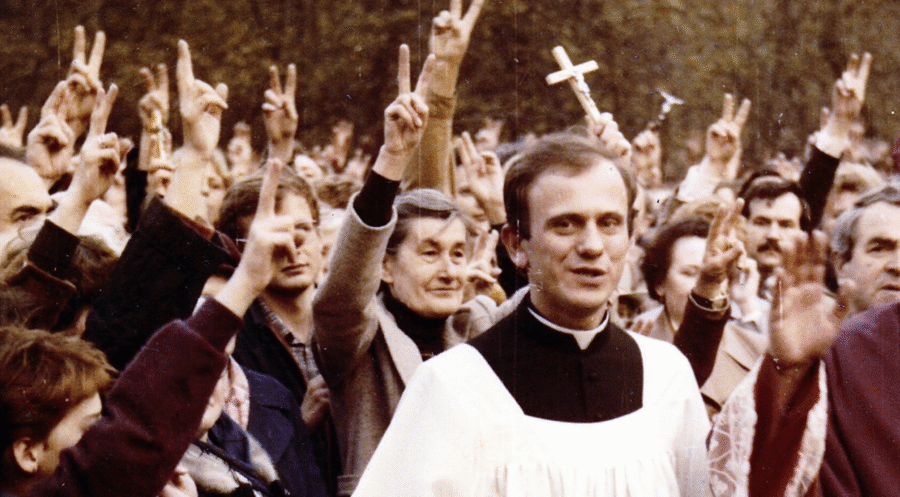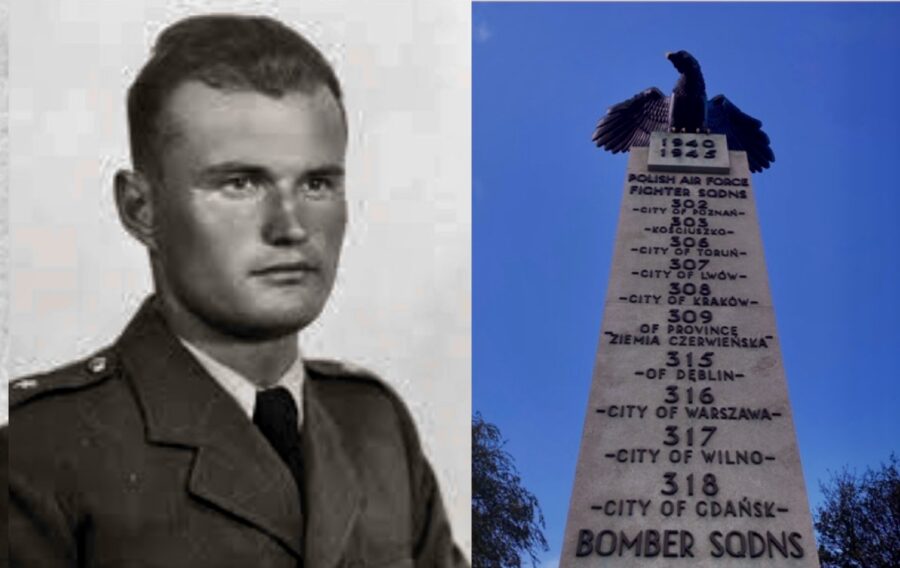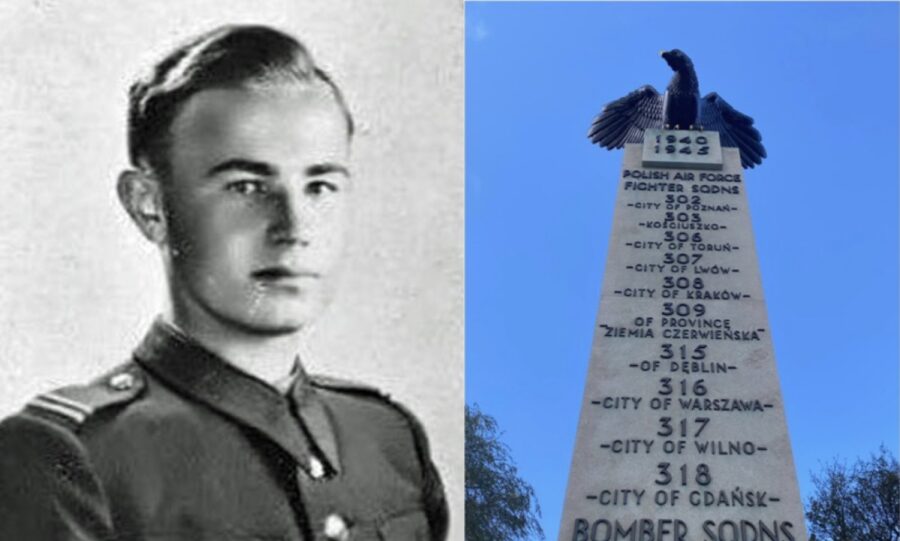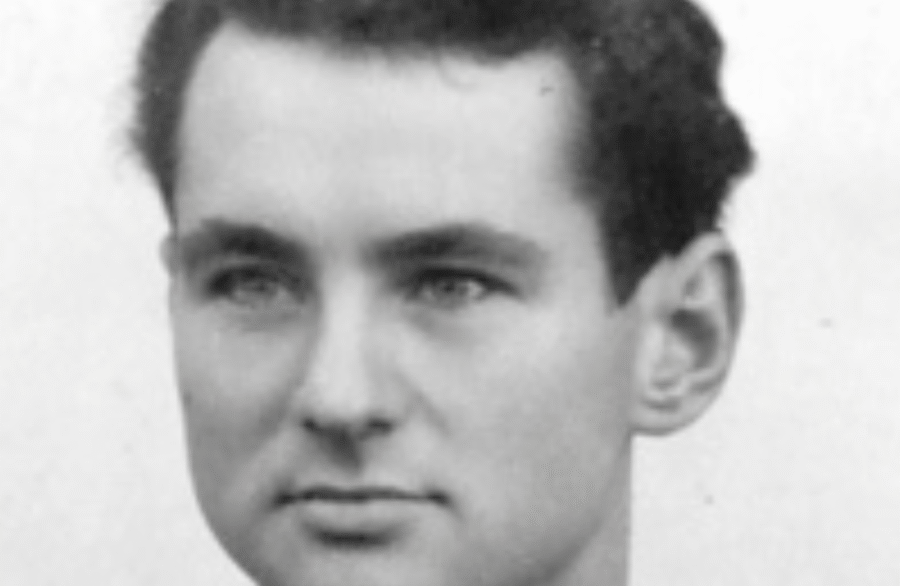Poles and Hungarians are known to be brothers or at least good friends as the famous saying goes. Throughout history, both nations have had several key figures who contributed to the tightening of these good mutual relationships such as Stephen Báthory, Hedwig of Poland, Pál Teleki and Wacław Felczak among others. Józef Bem is also one of them.
Józef Zachariasz Bem was born on the 14th of March 1794 in the Polish city of Tarnów (Southern Poland). As a teenager, he specialised in artillery engineering, foreign languages, mathematics and geography. When he turned 18, he received the rank of artillery lieutenant and completed his education.
In the years 1812-1813, he took part in the French campaign against Russia on Napoleon’s side. His leadership skills and courage were acknowledged and he has been awarded the prestigious Knight’s Cross of the Legion of Honor. After Napoleon’s defeat, he was appointed a field adjutant to general Piotr Bontemps, then, as a military engineer in the army of the Kingdom of Poland, he got involved in pyrotechnic research.
During the November Uprising (1830-1831), Józef Bem took command of the fourth light-horse battery as a major. Thanks to his tactics, the Polish troops’ defeat was mitigated, and Bem was awarded the rank of colonel, brigadier general as well as the distinguished Golden Cross of Virtuti Militari. After the collapse of the uprising, he emigrated from Poland to France where he got involved in the formation of Polish legions in Belgium and Portugal.
In the years 1848-1849, he felt the spirit of the time at the occasion of the Spring of Nations during which he had the opportunity to apply his unquestionable strategic abilities. As the commander of the Hungarian army, he forced the Austrians out of Transylvania several times, which made him a national hero among the Magyars.
In the aftermath of the Spring of Nations, he fled to Turkey, where he embraced Islam in order to join the sultan’s army. He even received the prominent title of Pasha. In 1850, he suppressed an Arab uprising against Christians taking place in Aleppo as the head of Turkish troops. This achievement brought him fame in Turkey as well.
Józef Bem was a renowned general, a skilful artilleryman, a talented writer as well as a notorious Freemason. He died from malaria on the 10th of December 1850 and was buried in a Muslim cemetery in Aleppo.
Author: Dominik Radomski
Photo:Wikipedia, public domain


